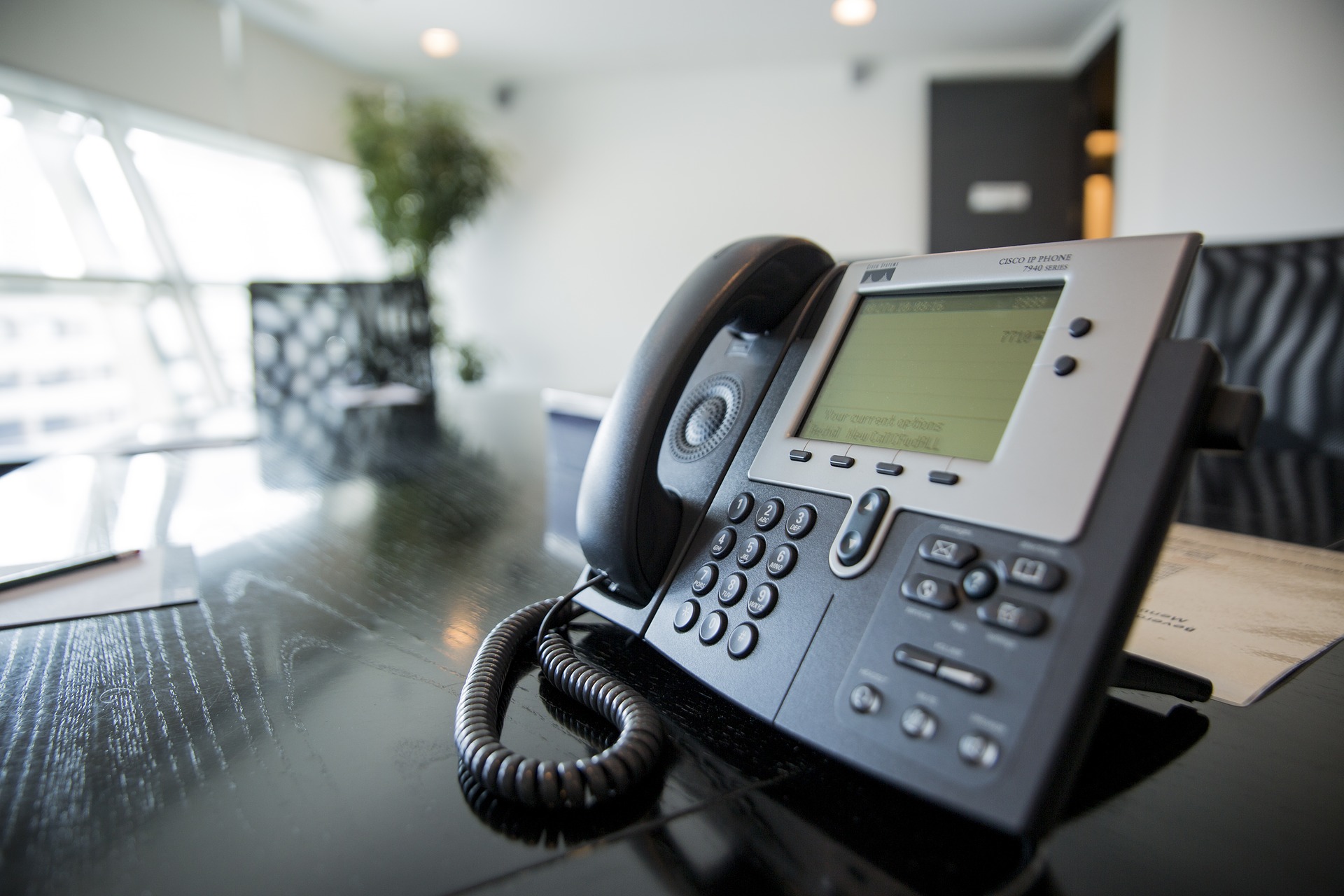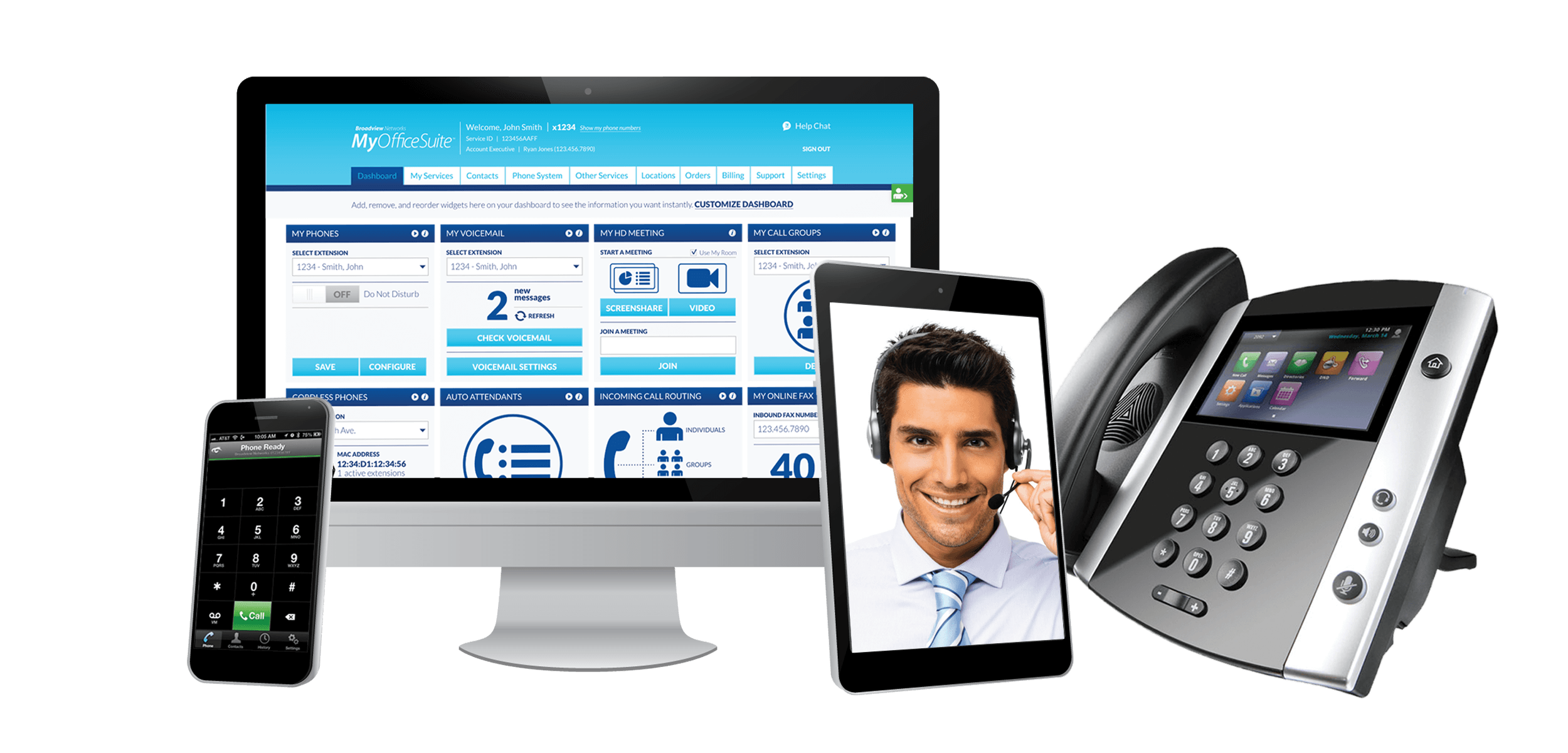When purchasing a new small company phone system, there are five things to consider
There are several causes for businesses to search for a new telephone system. They can be anything from adding workers or outgrowing their current structure to unforeseen incidents like power outages to lightning strikes, or even wanting to adapt to new Managed Services technologies or abilities (UC). So, what do you look for when buying a new phone system? Where do I start? The following is a list of the top five items to keep in mind when purchasing a new internet business phone system:
Experts in the field of telecommunications typically advise against purchasing unknown brands. Not only would it be easier to find dealers that can offer service and system updates for famous brands, but it will also be easier to find a new dealer if you are unhappy with the one who sold you the system in the first place. The total cost of a phone system is hard to estimate since it is dependent on installation fees, the type of hardware you choose, and the devices (voicemail, portable headsets, etc.) you choose.

In particular, productive member cost around $160 and $600 per platform, PBX solutions cost about $400 and $600 per station, and hybrids cost somewhere in the middle. Once you make a choice, get quotes from a few different vendors. If you already have a phone system, make a list of the features you’re using. Consider your existing business processes and operations. Make a list of your call flow, including where calls originate, where they go, and where they probably wind up. Have some of the current phone system’s features been incorporated into the job functions of the employees? If that’s the case, think about what you’re able to adjust. Many people make the mistake of assuming that a new system would be able to mimic their old one, with the addition of new features and enhancements. It’s possible that this is the case, but it’s also possible that it isn’t. Be ready at all times!
Although it will seem to be a simple question, you should consider not only today, but also the future of your business. If you really need to add more phones, certain phone networks have a size limit and must be replaced. Others can scale from medium to big with ease. Budget is also a consideration. Technologies that max out are usually less expensive than structures that don’t.
This can seem to be a simple query, but it really starts here. The average cost of a phone can range anywhere from $50 to well over $500. Which category does your budget belong to? Keep in mind that a $50 phone and a $250 phone are vastly different. If you keep any of the following points in mind, you’ll be able to create a budget that will allow you to buy the system that best suits your needs and schedule.

A new trend in data and hardware networks is to host networks offsite, either in data centers or by paying a monthly fee. This could work for you, or it could be prohibitively expensive. Hosting has many advantages, including the ability to quickly scale up or down, the inclusion of service calls and repairs in the monthly bill, and the availability of big business functionality for small businesses.

